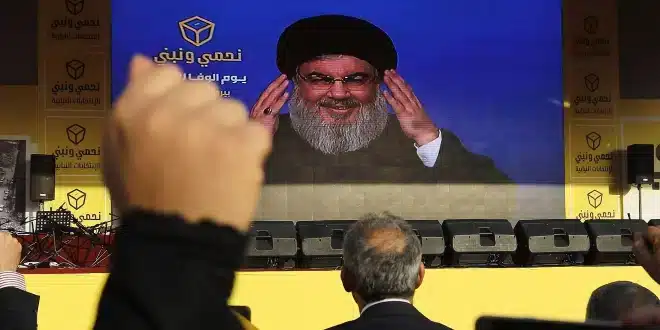A senior Lebanese leader, described as “credible,” told al-Joumhouria newspaper that there is no substantial evidence or reliable information suggesting that a large-scale war will break out in the region, despite widespread speculation to the contrary.
The leader emphasized that the heightened rhetoric and fears of an impending war are exaggerated, likely intended to pressure Hezbollah and dissuade it from retaliating against the assassination of its military chief, Fouad Shukur, in Beirut’s southern suburbs.
The leader acknowledged that while the region is already tense and the possibility of war is on the minds of both Israel and Hezbollah, the current focus on the Lebanon border by Israel has its own context. According to the leader, the conflict in Gaza has shifted from strategic operations to more tactical ones, along with a war of attrition.
Reflecting on recent escalations, the leader noted that similar situations arose after the assassinations of Palestinian leader Saleh al-Arouri and Hezbollah’s military chief Hajj Fouad Shukur. The current escalation is attributed to Hezbollah’s successful operation that resulted in the death of a senior Israeli army officer, followed by Israeli strikes in the Bekaa and Hezbollah’s response in the Galilee. The leader indicated that this cycle of escalation is ongoing and unlikely to cease.
The leader also mentioned that while Hezbollah is prepared for war, the current military and media efforts seem to be aimed at warning the group that any retaliation for Shukur’s assassination could lead to a broader conflict.
Reassuringly, the leader stated that there is no intelligence indicating a significant shift in Israeli military movements. Furthermore, Hezbollah remains open to negotiations, hoping to avert war, facilitate the exchange of captives, and provide humanitarian aid to Gaza. The leader emphasized that the real progress lies in the negotiations rather than public statements and media coverage.


